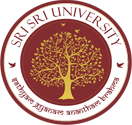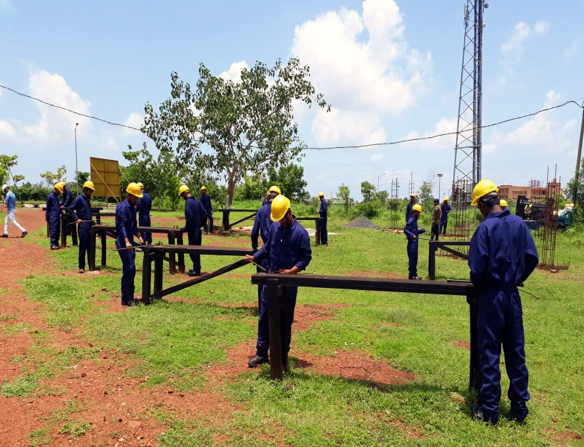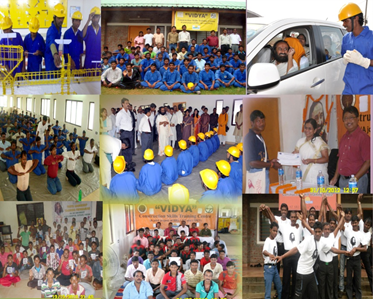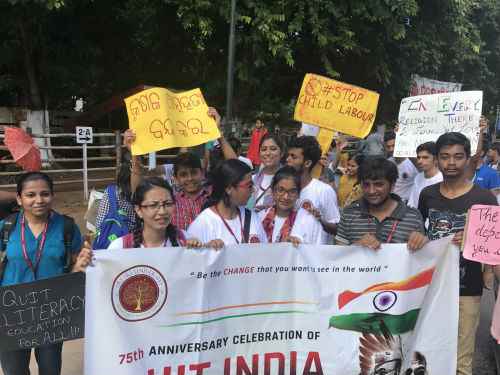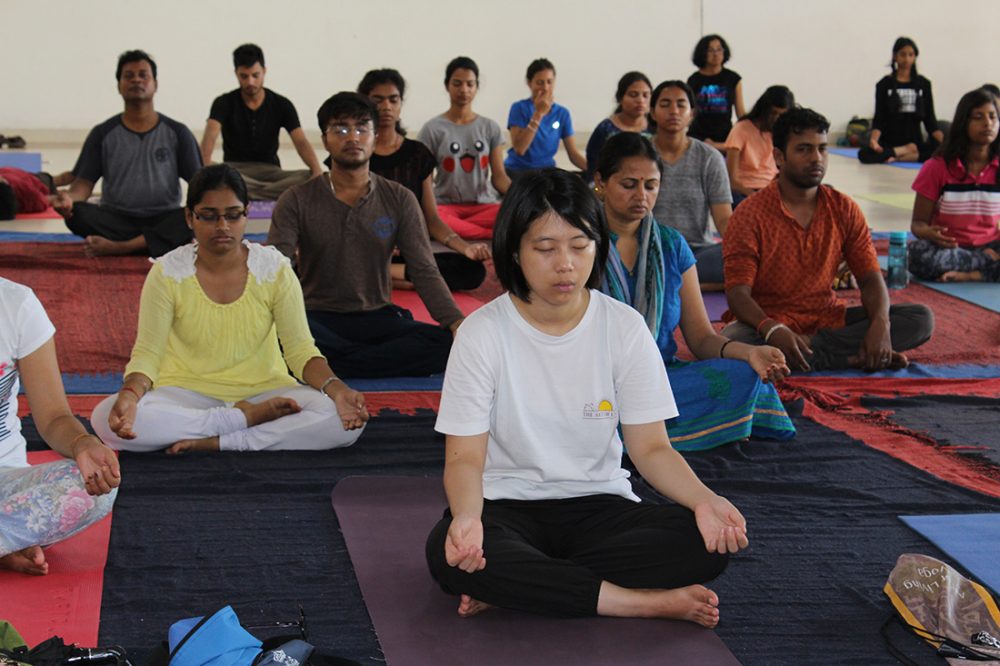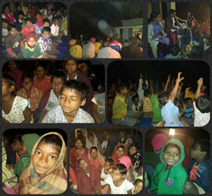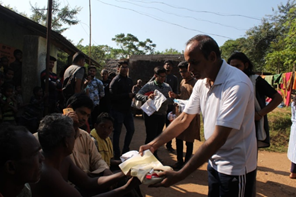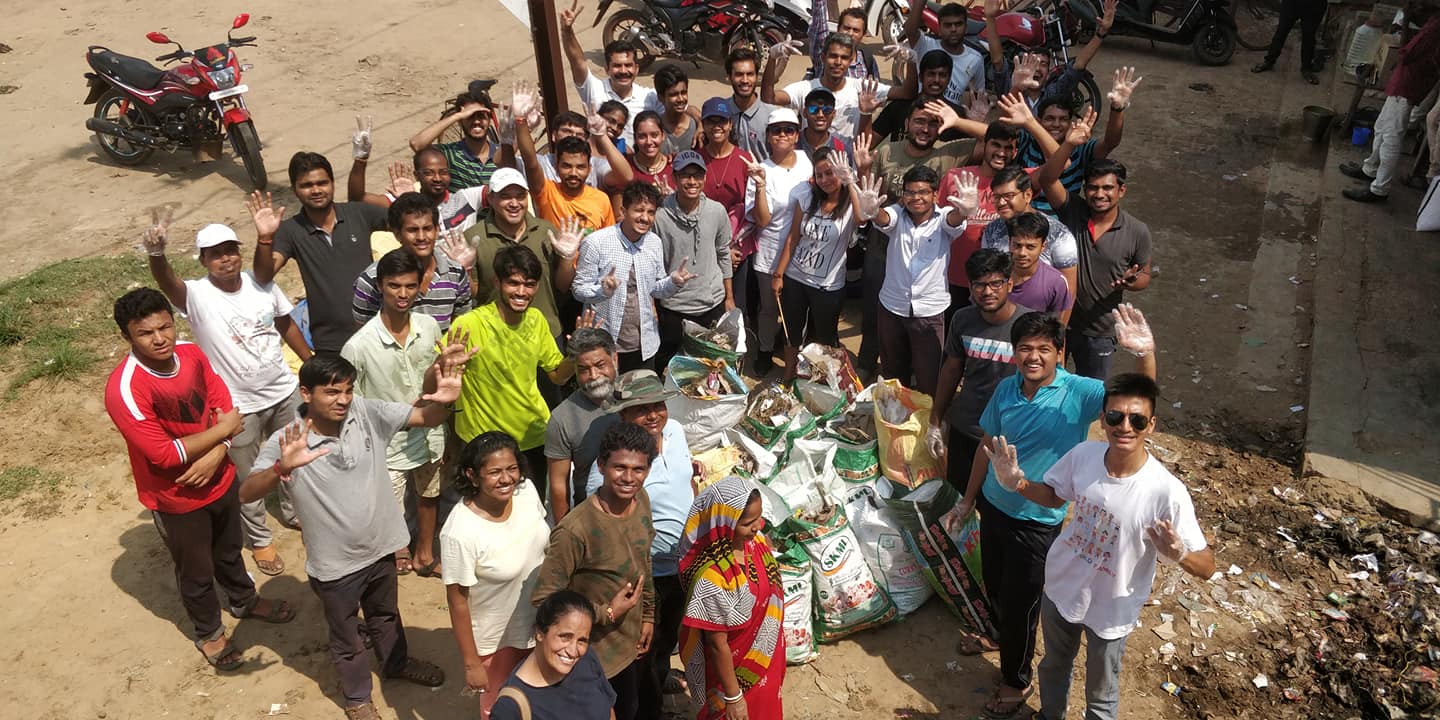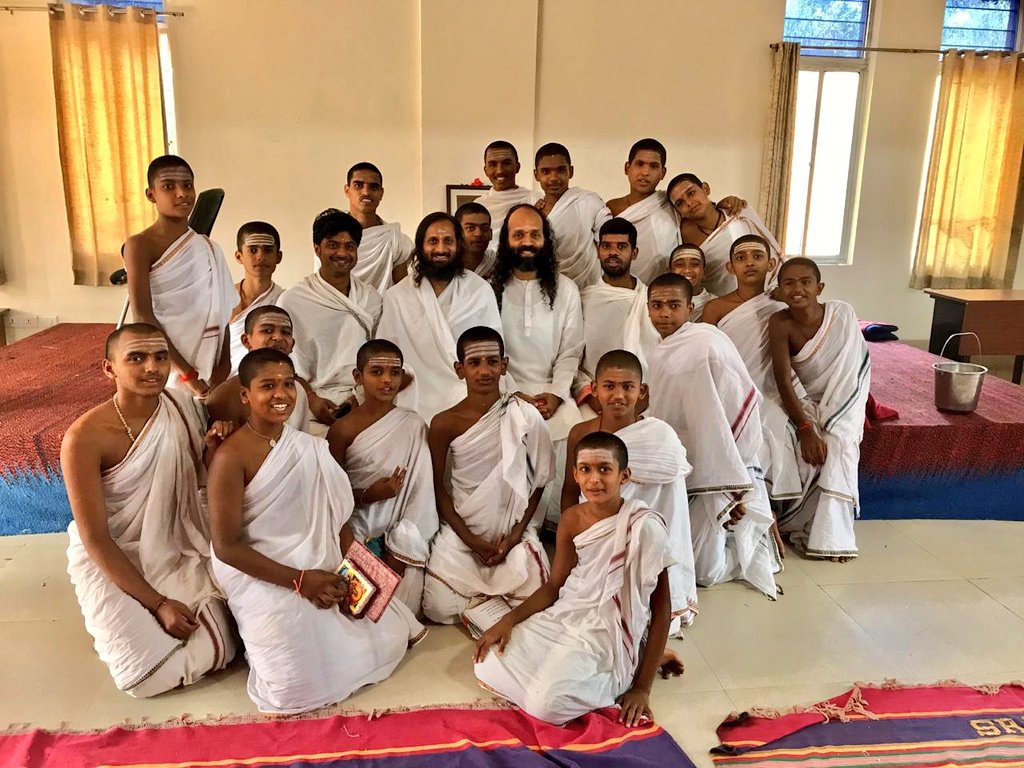
Sri Sri Gurukul
Resonating with a symbiosis of the ancient Indian tradition of Vedic wisdom, Sri Sri Gurukul has been established in the premises of the Sri Sri University.
It accommodates 39 students coming from all over the country, particularly from the states of Odisha, Bihar, Chhattisgarh, and the North-East.
The Gurukul students are taught Samveda, Atharveda, and Yajurveda. The students hail from economically marginalized Brahmin families.
For a true symbiosis of ancient teaching with modern tools, they are also taught the general curriculum. The students of SSU play an active role in teaching general subjects to the students of Gurukul.
Gurukul presents a beautiful amalgamation of the values and cultures of the east and the west.
The University provides accommodation, meals, educational expenses, stationery, clothes, and other basic requirements for the students of the Gurukul.

